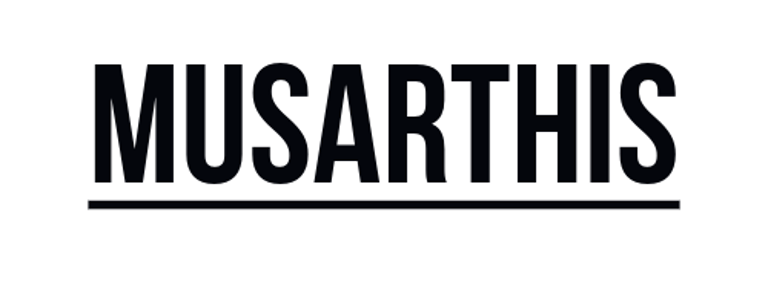Arts and creativity for fulfillment
Poetry and prophylaxis: taming vulnerability
At the crossroads of emotion, science, and the intimate, this article explores poetry as a space of regulation, resilience, and encounter. From contemporary research to Swiss hospital projects, it shows how poetic language—sometimes solemn, sometimes burlesque—can soothe, connect, and illuminate, without ever simplifying the complexity of human experience.
Dianna Dubois
8/19/20252 min read


Poetry, far from being a mere ornament of language, today asserts itself as a living space where human vulnerability can be welcomed, explored, and sometimes sublimated. It acts, in the words of some researchers, as a form of “scripto-prophylaxis”: a way of keeping illness, anxiety, or trauma at a distance, by transforming them through the play of language, metaphor, and sometimes humor.
Major studies, particularly those of James W. Pennebaker, have shown that expressive writing—of which poetry is a privileged form—contributes to emotional regulation, stress reduction, and the improvement of overall well-being. By inviting us to put the unspeakable into words, poetry offers a space of symbolic mastery, echoing the analyses of Viktor Frankl and Aaron Antonovsky on the importance of meaning and coherence in resilience processes. Barbara Fredrickson, meanwhile, has demonstrated that positive emotions, often mobilized by poetic creation, expand psychological resources and foster adaptation in the face of adversity.
Burlesque poetry, too often overlooked, plays an essential role in this dynamic. Humor, distancing, and irony become tools to tame suffering, to render it speakable, even bearable. Research in psycholinguistics confirms that laughter and verbal play facilitate catharsis and reinforce cognitive plasticity.
However, poetry is not a panacea. For some, poetic writing may reopen wounds, intensify rumination, or deepen feelings of isolation. Its beneficial effects depend on context, individual sensitivity, and the presence of supportive guidance. It is crucial that poetic practice remain accessible, adaptable to diverse audiences, and, when necessary, supported by trained professionals.
Collective experience further amplifies the power of poetry. In French-speaking Switzerland, the project “Springtime of Poetry in the Hospital”, initiated by Dr. Julie Delaloye, illustrates the force of shared poetry: each year, poems are distributed to patients in several hospitals, sometimes read aloud by caregivers. One patient testified:
“Receiving a poem in the hospital is like opening a window onto the outside world, onto life. It gave me the strength to get through the day.”
In libraries and medical centers, poems written by patients, caregivers, or students are displayed alongside works on art therapy, creating bridges between the intimate and the collective. Public readings, writing workshops, slam performances: poetry becomes a space of encounter, transmission, inclusion.
Finally, poetry interrogates our relationship to knowledge: it sometimes clarifies, often unsettles, and always opens spaces of uncertainty and questioning. Scientific poetry, activist poetry, experimental poetry—each form invents its own way of rendering the complexity of human experience tangible.
Thus, poetry, far from being a simple refuge, becomes a terrain of experimentation, care, and dialogue. It invites subtlety, gentleness, attentiveness: it is neither a miracle cure nor an exclusive privilege, but the promise of a space where vulnerability can be spoken, shared, and sometimes transformed.
Sources
Pennebaker, J.W. (1986, 1997, 2017). Studies on expressive writing and mental health.
Fredrickson, B.L. (2004). The broaden-and-build theory of positive emotions.
Antonovsky, A. (1998). The Sense of Coherence.
Frankl, V. (2005). Man’s Search for Meaning.
Cyrulnik, B. (1999, 2024). Resilience through creation.
Delaloye, J. (2016–2024). Springtime of Poetry in the Hospital, French-speaking Switzerland.
Advances in Psychiatric Treatment, “Creative writing and mental health.”
Testimonies collected during Springtime of Poetry, Valais Hospital, 2023.
Excerpt from The Screech Owl and Other Poems (1953)
"I move forward, always half-lost,
carried by the discreet breath of the world,
uneasy that my name might be nothing but the echo
of a nameless wind..."
— Philippe Jaccottet
MUSARTHIS
La Chaux-de-Fonds
CH-2300
Contact
info@musarthis.world


All rights reserved musarthis.world
Made in Switzerland
